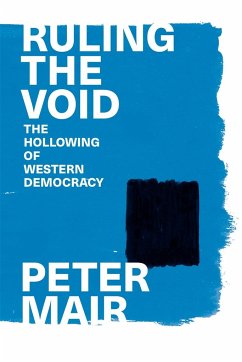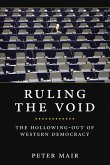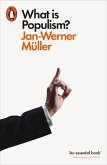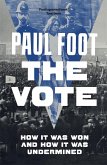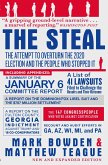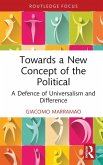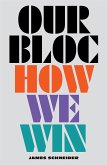The age of party democracy has passed, argues Peter Mair in "Ruling the Void". The major parties have become so disconnected from society that they no longer seem capable of sustaining democracy in its present form.
First published in 2013, "Ruling the Void "presciently observed that the widening gap between citizens and their political leaders posed a crisis of legitimacy for the governing class, and was fuelling populist mobilizations against it. Europe's political elites had remodelled themselves as a homogeneous professional class, withdrawing into state institutions that offer relative stability in a world of fickle voters. Meanwhile, non-democratic agencies and practices proliferated not least among them the European Union itself.
Mair weighs the impact of these changes, and offers an authoritative assessment of the prospects for popular political representation today, not only in the varied democracies of Britain and the EU but throughout the developed world.
With a new Introduction by Chris Bickerton, author of "The European Union: A Citizen's Guide".
Hinweis: Dieser Artikel kann nur an eine deutsche Lieferadresse ausgeliefert werden.
First published in 2013, "Ruling the Void "presciently observed that the widening gap between citizens and their political leaders posed a crisis of legitimacy for the governing class, and was fuelling populist mobilizations against it. Europe's political elites had remodelled themselves as a homogeneous professional class, withdrawing into state institutions that offer relative stability in a world of fickle voters. Meanwhile, non-democratic agencies and practices proliferated not least among them the European Union itself.
Mair weighs the impact of these changes, and offers an authoritative assessment of the prospects for popular political representation today, not only in the varied democracies of Britain and the EU but throughout the developed world.
With a new Introduction by Chris Bickerton, author of "The European Union: A Citizen's Guide".
Hinweis: Dieser Artikel kann nur an eine deutsche Lieferadresse ausgeliefert werden.

